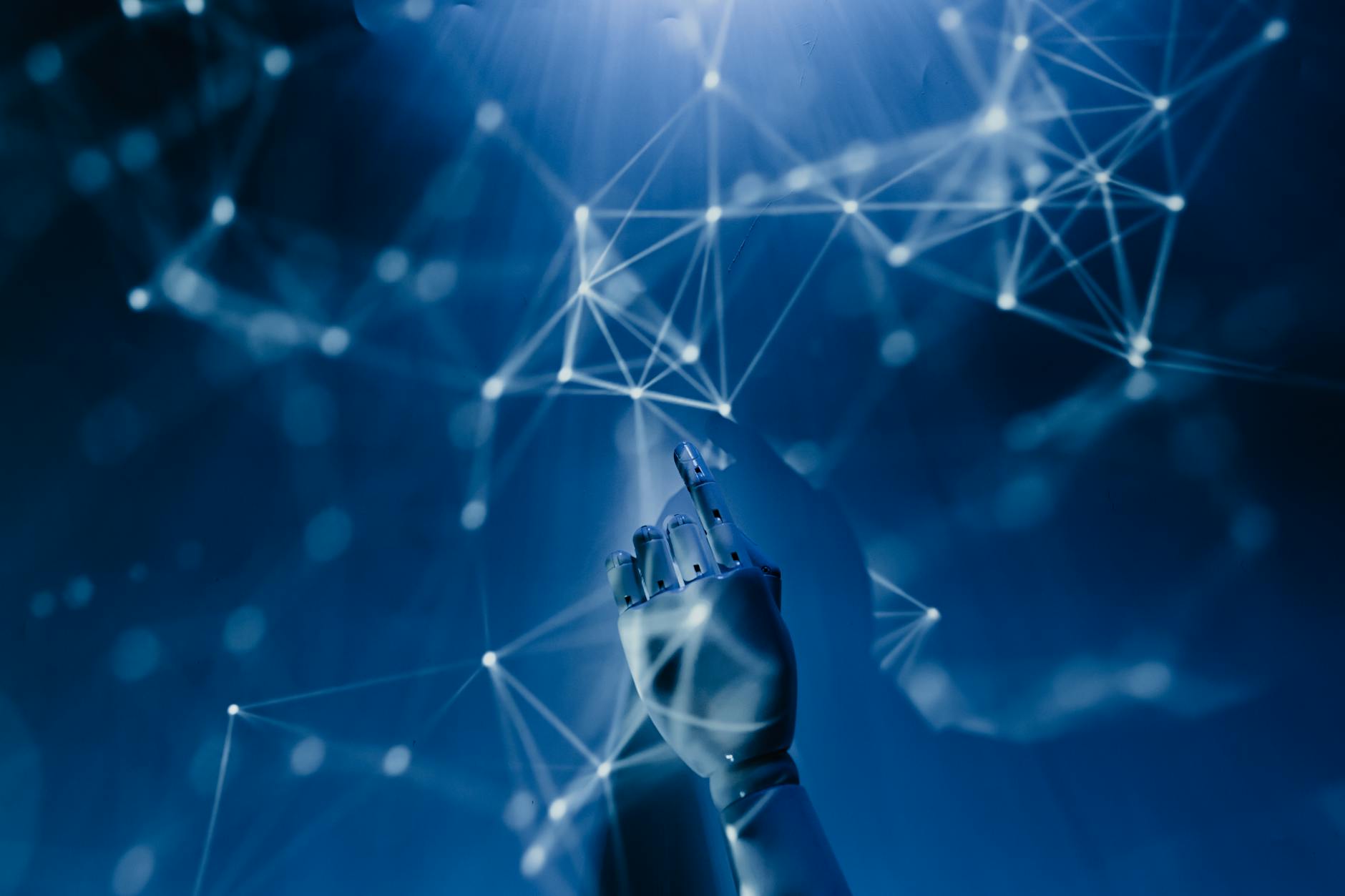
AI-Powered Cybersecurity: The Future of Digital Defense (And Why You Should Care)
Picture this: It’s 3 AM, and your company’s network is under siege. Hackers are launching a sophisticated attack, but instead of scrambling a sleep-deprived IT team, your AI-powered security system has already neutralized the threat before the coffee machine even turns on. This isn’t sci-fi – it’s the reality of modern cybersecurity. And if you’re not paying attention, you’re already behind.
What Exactly Is AI-Powered Cybersecurity?
At its core, AI-powered cybersecurity is like giving your digital defenses a brain upgrade. Traditional security measures are the equivalent of locking your doors and windows. AI-powered systems? They’re like having a team of Navy SEALs, a psychic, and Sherlock Holmes guarding your data 24/7.
These systems use machine learning algorithms to:
- Detect anomalies in real-time
- Predict potential threats before they happen
- Adapt to new attack methods instantly
- Automate responses to common threats
Why Traditional Security Measures Are Like Bringing a Knife to a Gunfight
I remember consulting for a mid-sized bank in 2018 that was still relying entirely on signature-based antivirus software. They learned the hard way that modern threats evolve faster than any human team can keep up with. After their third ransomware attack that year, we implemented an AI solution that reduced incidents by 92% in the first quarter.
The cold hard truth? Cybercriminals are already using AI to craft more sophisticated attacks. If you’re not fighting fire with fire (or in this case, AI with AI), you’re essentially bringing a knife to a gunfight.
AI Cybersecurity Trends You Can’t Ignore in 2025
As we barrel toward 2025, several key trends are emerging that every security-conscious organization needs to watch:
1. The Rise of Self-Learning Threat Detection
Gone are the days of manually updating threat databases. Next-gen systems will continuously learn from global attack patterns, adapting in real-time without human intervention.
2. Predictive Breach Prevention
Imagine your security system telling you, “There’s an 87% chance we’ll see a phishing attack targeting your CFO next Tuesday.” That’s where we’re headed.
3. AI vs. AI Cyber Wars
It’s becoming an arms race – offensive AI tools are getting smarter, forcing defensive systems to evolve even faster. The cat-and-mouse game just got turbocharged.
4. Automated Incident Response
By 2025, I predict 60% of common security incidents will be handled entirely by AI systems, freeing up human experts for more complex challenges.
Traditional vs. AI-Powered Security: A Head-to-Head Showdown
| Feature | Traditional Security | AI-Powered Security |
|---|---|---|
| Threat Detection | Known signatures only | Anomaly-based, detects zero-day threats |
| Response Time | Minutes to hours | Milliseconds |
| Adaptability | Manual updates required | Continuous self-learning |
| False Positives | High | Dramatically reduced |
| Cost Efficiency | Lower upfront cost, higher long-term | Higher initial investment, lower TCO |
Fun fact: During testing last year, one of our AI systems detected and blocked a novel attack vector before any human analyst even understood what was happening. The attack didn’t even have a name yet!
FAQs About AI-Powered Cybersecurity
Isn’t AI security just for big corporations?
Absolutely not. In fact, SMBs are often more vulnerable because hackers see them as “low-hanging fruit.” Cloud-based AI security solutions have made this technology accessible to businesses of all sizes.
Will AI replace human security professionals?
Not replace – enhance. Think of AI as the ultimate force multiplier. It handles the grunt work so humans can focus on strategy and complex analysis. If anything, demand for skilled professionals is increasing.
How can I tell if an AI security solution is legit or just marketing hype?
Great question. Look for concrete metrics like false positive rates, detection times, and ask for case studies. Any vendor worth their salt will have these ready. And if they can’t explain how their AI works in plain English, that’s a red flag.
Is AI security ethical? What about privacy concerns?
This is where implementation matters. The best systems are designed with privacy-preserving techniques like federated learning. Always ask about data handling policies before implementation.
The Bottom Line: Future-Proof or Fall Behind
Here’s the uncomfortable truth I’ve learned from 15 years in this field: cybersecurity isn’t getting simpler. The threats are evolving at breakneck speed, and traditional approaches simply can’t keep up. AI-powered cybersecurity isn’t just the future – it’s the present.
The question isn’t whether you can afford to implement AI security solutions. It’s whether you can afford not to. Because while you’re reading this, someone’s AI is probably probing your defenses right now.
Ready to stop playing defense and start staying ahead? Book a consultation with our team today, and let’s discuss how AI can transform your cybersecurity strategy before your next breach happens.



Pingback: Best gaming VPN 2025 - previewkart.com